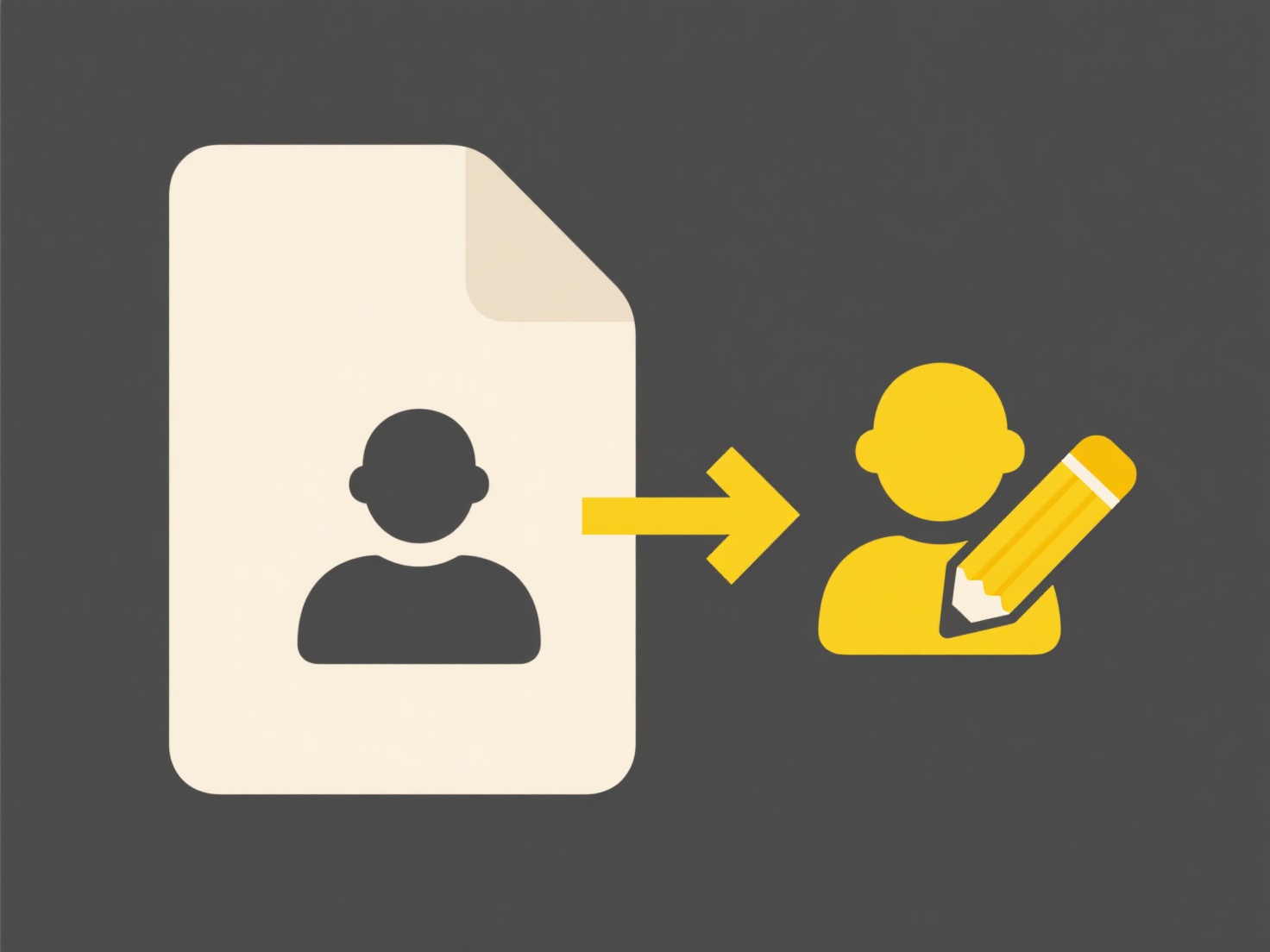
An "overwritten file during a conflict" typically refers to a file modified by two or more users simultaneously in a shared environment (like cloud storage or version control), leading to a conflict when saving. The system must resolve which version to keep, sometimes prompting the user to choose. If one version is selected and saved, the conflicting version(s) are effectively overwritten and usually discarded immediately. This differs from simply overwriting a file locally, where tools might recover the previous version if action is taken quickly before new data overwrites the disk space.

This situation is common in collaborative tools. For example, in Google Docs when two users edit the same sentence simultaneously, only the version saved last (or manually chosen) persists; the conflicting edits are lost. Similarly, when resolving a merge conflict in Git (like on GitHub or GitLab), once you select changes and complete the merge, the unselected conflicting changes from the other branch are discarded permanently upon pushing the resolution.
Directly recovering the specific overwritten conflict data is generally impossible through standard methods, as these systems permanently discard the unselected data once the conflict resolution is finalized. While this prevents confusing duplicate files, it's a limitation requiring careful conflict resolution. The main advantage is enforced version clarity, avoiding contradictory data coexisting. The downside is permanent loss of potentially valuable contributions if conflicts aren't managed attentively during the resolution prompt.
Can I recover overwritten files during a conflict?
An "overwritten file during a conflict" typically refers to a file modified by two or more users simultaneously in a shared environment (like cloud storage or version control), leading to a conflict when saving. The system must resolve which version to keep, sometimes prompting the user to choose. If one version is selected and saved, the conflicting version(s) are effectively overwritten and usually discarded immediately. This differs from simply overwriting a file locally, where tools might recover the previous version if action is taken quickly before new data overwrites the disk space.

This situation is common in collaborative tools. For example, in Google Docs when two users edit the same sentence simultaneously, only the version saved last (or manually chosen) persists; the conflicting edits are lost. Similarly, when resolving a merge conflict in Git (like on GitHub or GitLab), once you select changes and complete the merge, the unselected conflicting changes from the other branch are discarded permanently upon pushing the resolution.
Directly recovering the specific overwritten conflict data is generally impossible through standard methods, as these systems permanently discard the unselected data once the conflict resolution is finalized. While this prevents confusing duplicate files, it's a limitation requiring careful conflict resolution. The main advantage is enforced version clarity, avoiding contradictory data coexisting. The downside is permanent loss of potentially valuable contributions if conflicts aren't managed attentively during the resolution prompt.
Quick Article Links
How do I set up a shared folder structure for a team?
A shared folder structure organizes files in a common digital storage area, enabling multiple team members to access, ed...
Does Wisfile scan files for malware or viruses?
Does Wisfile scan files for malware or viruses? No, Wisfile does not scan files for malware or viruses during its file...
What is the best folder structure for saving files?
A folder structure organizes digital files logically through a hierarchical system of directories and subfolders, making...